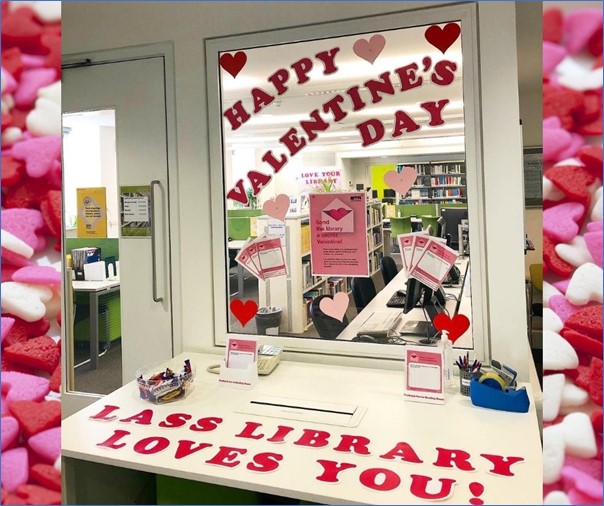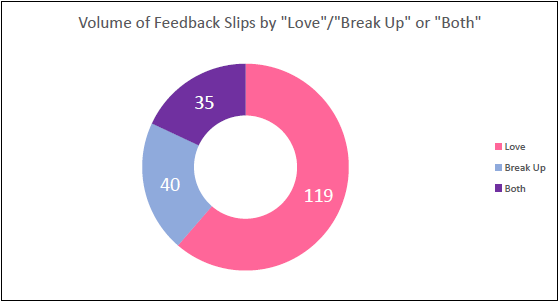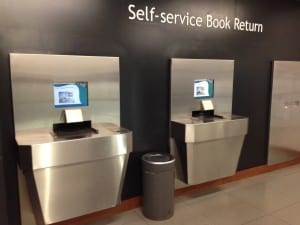St. Valentine’s Feedback Campaign – February and March 2022
By simon.bralee.15, on 29 June 2022
During a St. Valentine’s Day campaign this year, colleagues reached out to our customers to ask them what they love, or don’t love, about our libraries. They were encouraged to submit comments with attractive displays and the chance to win a £10 voucher.
194 feedback slips were submitted across 9 of our libraries, and although this wasn’t a large enough sample to be representative of all customers, it does highlight some areas where we are doing well, and other areas where there are opportunities for improvement.
The majority of comments were positive, with 61% stating that they love our libraries, 21% wanting to break up with our libraries, and 18% having mixed feelings!
The most prominent message, 29% of all comments, was an appreciation for the work of staff, emphasising how important these interactions are to the experience of using our services and facilities. Comments included the following:
- Love the library staff. They go out of their way to help. <3 Thank you
- All the lovely staff members! The library has given me a friend and really helped me so much this year! Thank you!
- I like the kind staff who smile at me in the mornings.
The most common topics by number of comments were:
| Love | Break-up |
|---|---|
| 1. Staff – 57 | 1. Temperature – 16 |
| 2. General Facilities – 25 | 2. Noise – 9 |
| 3. IT Facilities – 13 | 3. Lack of Places to Eat – 7 |
| 4. Collections – 11 | 4. Opening Hours – 6 |
| 5. Quiet – 11 | 5. General Facilities – 5 |
A summary report for the St. Valentines feedback campaign is available. This report was revised on 01/07/2022.
Thank you again to everybody who took part in this campaign! We will be planning new feedback campaigns for 2022/23.
Post written by Jonathan Fowles. (Post updated on 04/07/22)
 Close
Close





